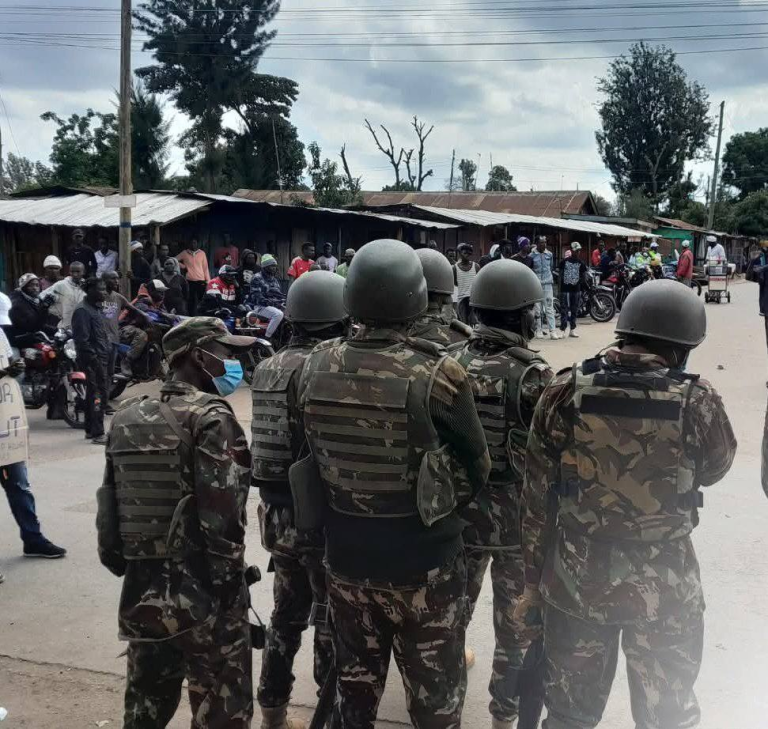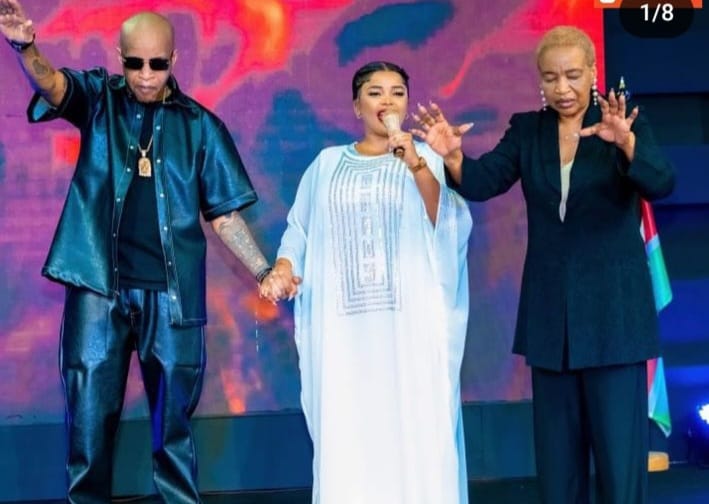Former Nigerian President Muhammadu Buhari has died at the age of 82. According to a statement from his aide and the presidency, Buhari passed away on Sunday, July 12, 2025, in London after a long illness.
Current President Bola Tinubu confirmed the news in a statement. He said Buhari died at around 4:30 p.m. in a London clinic. However, he did not reveal the exact illness.
Buhari first ruled Nigeria as a military leader in the 1980s. Years later, he returned as a democratically elected president and served two terms from 2015 to 2023.
Soon after Buhari’s death, Garba Shehu, Buhari’s former spokesperson, announced the news on social media.
President Tinubu also spoke with Buhari’s widow and immediately sent Vice President Kashim Shettima to the UK to help bring Buhari’s body back to Nigeria. He further ordered all flags to be flown at half-staff in Buhari’s honor.
Buhari’s Health and Leadership
During his time as president, Buhari often traveled abroad for medical treatment. These frequent trips raised concerns about the government’s openness and led to fears about leadership gaps during his absences.
Although the public never learned the exact details of his illness, Buhari once admitted during treatment that he had “never been so sick.”
He even received multiple blood transfusions. Critics pointed out that these trips exposed the poor state of Nigeria’s own healthcare system.
Controversies and Criticism
Just last week, Shehu released a book titled According to the President, where he admitted creating a false story in 2017 about rats damaging the president’s office.
His aim was to distract the public from questions about Buhari’s health, especially after the president spent nearly three months in the UK receiving treatment.
Buhari, who came from Nigeria’s far north and practiced Islam, made history in 2015 by becoming the first opposition candidate to defeat a sitting president in an election. His win brought hope for real change.
But over time, many Nigerians grew disappointed. Despite promises to end corruption and improve security, problems like violence and poverty continued.
Meanwhile, the country’s economy—heavily dependent on oil—faced many challenges.
Legacy and Public Opinion
In 2019, despite growing health concerns and criticism of his leadership, Buhari won a second term. Still, many felt let down.
In a 2020 opinion article in The New York Times, Nigerian author Chimamanda Ngozi Adichie called Buhari’s administration a “failure of leadership,” saying it showed “a kind of willful indifference.
Follow https://kenyaonline.xyz









